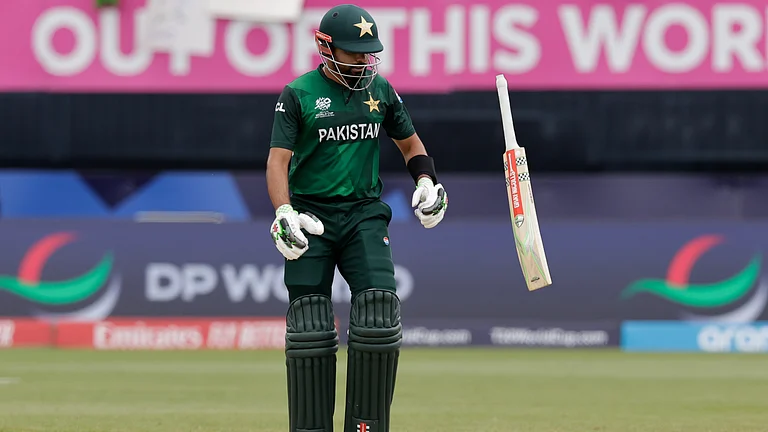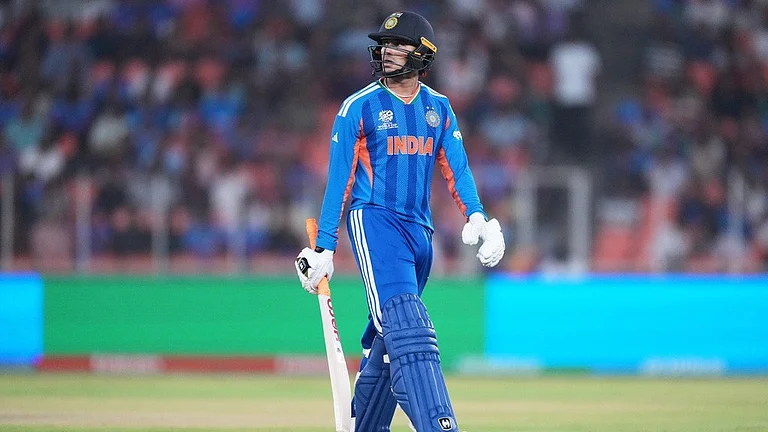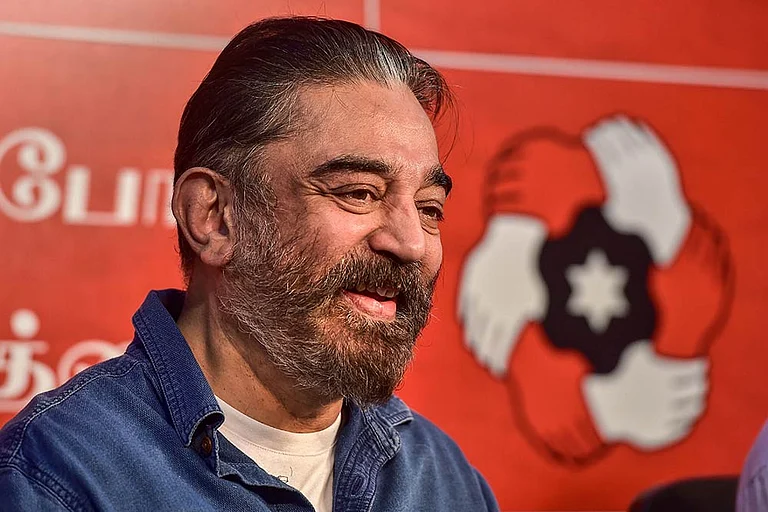"I’ll give it a try," I mumbled over the phone, wondering whether New Delhi’s optimism stemmed from the belief that a non-white American exposed to myriad cultures of the world would be responsive to an interview request from a magazine based in India.
What began as a shot in the dark was to soon become an obsession for me. Perhaps it was because I was witness to the Obama mania sweeping America. To watch him campaign during those months was akin to experiencing a rock star inspire millions to dance to his tunes of hope. "Yes, we can"—his campaign slogan read. These simple words, transposed to my very specific situation, suddenly started making a lot of sense.
But before the Obama interview became a bee that wouldn’t stop buzzing in my head, things were already in motion. I called an Illinois-based friend and supporter of Obama who put me in touch with a campaign advisor. She promised to forward my request with a strong recommendation. My selling point: "Outlook may not be distributed in the US, but our website is the gateway to India for expat Indians living in the US."
Three weeks later, I received a call from the Obama advisor. Could I submit a sample of the questions I wished to ask Obama? I did. Days later, in mid-March, I received yet another call from the advisor. What’s your last deadline? "Wednesday," I said, excited. I drew my own conclusions: nobody asks for your deadline unless...
"It’s coming, it’s coming," I told Delhi, the words tumbling out. The optimism turned out to be premature, something I was to rue for weeks. For, having showed an initial inclination, the Obama team inexplicably went silent. And here I was in Washington receiving four to five calls and at least 10 mails every week from Delhi, asking me where the interview was and suggesting some incredible methods to help penetrate the inscrutable silence of the Obama team.
The quest for the interview was now truly an obsession: I would start my day with a phone call and an e-mail to the contacts. I became the proverbial stalker. And they responded as a victim would—not take my calls; ditto the e-mails. I told myself that their silence was because of Hillary Clinton’s late comeback—surely, at a time when the nomination race had really hotted up, Outlook couldn’t be Obama’s priority. But Delhi wasn’t convinced. And I, as I was told, risked becoming a joke in the Outlook meeting. Every time the editor-in-chief would ask, "What about Obama?", the reactions would range from scepticism to mirth.
Come June, Hillary conceded, and Obama’s staffers got back to say thatthe interview would happen soon. Once bitten, I shied from communicating this to Delhi. On Wednesday morning, July 9, when it was finally announced in Delhi that I had an interview with Obama, the editorial team took some time getting over its doubt. Maybe you couldn’t blame them. Their very incredulity is what I offer as tribute to those who helped make the improbable a reality.
What do I make of Obama? He has a sensibility which should help him connect to India and its teeming millions, a symbol of hope for those aspiring for a just world order. Those who think he would block the nuclear deal should read carefully his two remarks. "I continue to hope this process can be concluded before the end of the year." And then, "I am...reluctant to seek changes (in the deal)." These two remarks read together should silence those who feel the nuclear deal should be renegotiated. It also testifies that Obama, should he become president, would remain committed to the deal as we have it today, undermining New Delhi’s claims that the new administration is likely to impose fresh conditions on the deal.
As you read the interview with Obama, I should tell you about my new goal: should he become the president, I wish to have him speak to Outlook in the White House.To think that I too started out as a doubter.





















